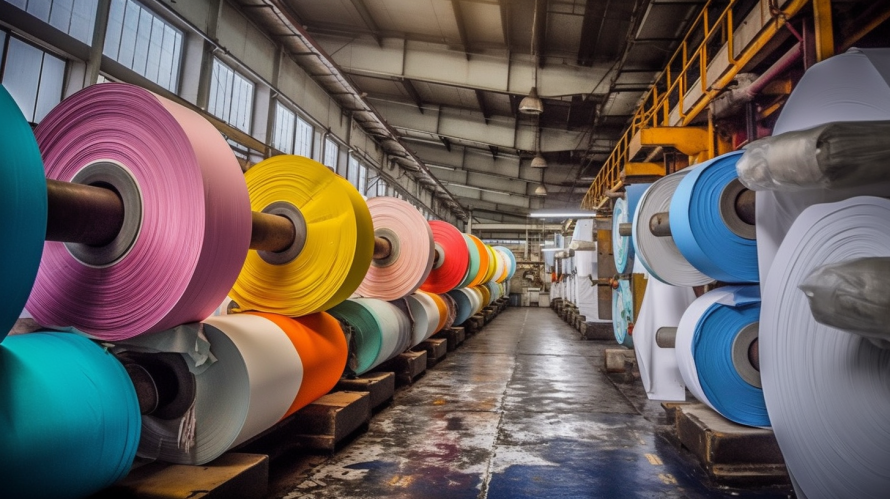
The paper industry is an important contributor to the South African economy. It includes manufacturers of pulp, paper, packaging, and tissue products. The industry provides employment to thousands of people and contributes to South Africa’s GDP. This essay explores how the paper industry benefits the South African economy.
Overview of the Paper Industry in South Africa
The paper industry in South Africa comprises pulp and paper mills, packaging and converting plants, tissue mills, and recycling plants. The industry produces a wide range of products, including printing and writing papers, newsprint, packaging papers and boards, and tissue products. The industry is characterized by a high level of vertical integration, with many companies owning their own pulp and paper mills, as well as recycling plants.
Employment Opportunities
The paper industry provides employment to thousands of people in South Africa. The industry employs both skilled and unskilled workers in various roles, including production, administration, research, and development. The industry is also a significant employer of women, with many companies implementing policies to promote gender diversity and inclusion.
Contribution to GDP
The paper industry contributes significantly to the South African GDP. The industry is estimated to contribute over R12 billion to the economy annually, accounting for about 0.6% of the country’s GDP. The industry also contributes to the country’s balance of trade, with exports of paper products totaling over R3 billion annually.
Raw Material Supply
The paper industry relies on a steady supply of raw materials, including wood fiber and recycled paper. In South Africa, wood fiber is sourced from both plantation forests and natural forests. The industry has played a significant role in promoting sustainable forest management practices, which has led to an increase in the country’s forest cover. The industry also supports recycling initiatives, with many companies investing in recycling infrastructure to ensure a steady supply of recycled paper.
Technology and Innovation
The paper industry is a technology-driven industry, with many companies investing in research and development to improve product quality and reduce production costs. The industry has also embraced innovation, with many companies developing new products and processes to meet changing customer needs and environmental requirements. For example, many companies have developed packaging products that are biodegradable and compostable, reducing their environmental impact.
Supporting Small and Medium Enterprises (SMEs)
The paper industry in South Africa supports many small and medium-sized enterprises (SMEs) through the supply of raw materials, equipment, and services. Many SMEs are involved in the collection and supply of recycled paper, as well as the supply of wood fiber. The industry also supports SMEs through skills development and training initiatives.
Environmental Sustainability
The paper industry in South Africa is committed to environmental sustainability. Many companies have implemented sustainability programs to reduce their environmental impact and promote sustainable resource use. For example, many companies have implemented energy-efficient technologies to reduce greenhouse gas emissions, global warming, and many have also implemented water conservation measures to reduce their water footprint.
Conclusion
The paper industry plays an important role in the South African economy. The industry provides employment to thousands of people, contributes to the country’s GDP, and supports many small and medium-sized enterprises. The industry also promotes sustainable forest management practices, invests in recycling infrastructure, and is committed to environmental sustainability. As such, the paper industry is an important contributor to the country’s economic development and social well-being.
